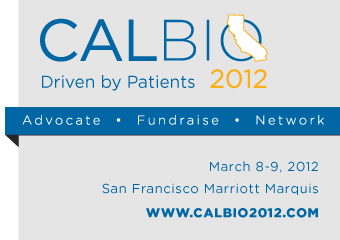BioSante saw more than three-quarters of its market value wiped out after it announced that its therapy for female sexual dysfunction, LibiGel, had failed a pair of late-stage trials. The disappointment for BioSante reflects the difficulties pharmaceutical companies have had in trying to develop drugs for hypoactive sexual desire disorder in women.
LibiGel, a once-daily testosterone gel that is topically applied on the upper arm, did effectively raise testosterone levels in women, but those women didn’t have more frequent sexual encounters or have sex more frequently than women who were on a placebo.
After Pfizer’s Viagra drug helped to address male erectile dysfunction, the thought by many was that an offshoot of the drug could be commercialized for women, a demographic in which sexual dysfunction is even more prevalent. The biggest hurdle became tackling the complexities of female sexual dysfunction.
Men who suffer from sexual dysfunction often have a problem of biological mechanics. When blood isn’t effectively delivered to the penis, a PDE5 inhibitor such as Viagra helps improve the blood flow so erections can be achieved. Female sexual dysfunction, however, is far more layered and often believed to be unrelated to a distinct physical problem.
Female sexual dysfunction falls into four categories: desire disorder, arousal disorder, inability to orgasm, and pain during sex. Complicating matters still is that all these problems may be intertwined with or tied to psychological, social, or cultural issues. Despite the hurdles, companies certainly have tried to find solutions.
Pfizer tried Viagra in women to no avail while Proctor & Gamble has attempted an experimental testosterone patch but ran into major safety worries that led the U.S. Food and Drug Administration to reject the therapy. BioSante thought it had achieved a novel approach with its testosterone gel, LibiGel.
Though LibiGel was the first female sexual disorder treatment to reach late-stage trials, the data was lackluster. In fact, in the second of the two late-stage studies, women treated with LibiGel showed less of an increase in the occurrence of satisfying sexual events than did the placebo group.
BioSante said it was reviewing the trial data to and will see if there are ways to identify women who are likely to respond to the therapy.
December 16, 2011
http://www.burrillreport.com/article-biosante%e2%80%99s_female_viagra_fails_late_stage_trials.html





.gif)